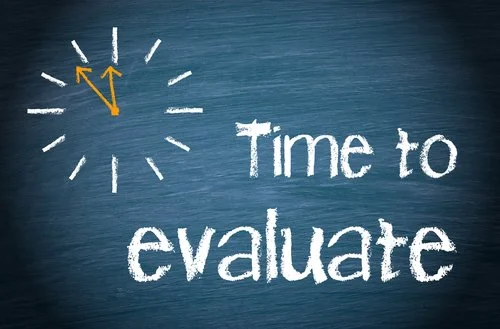The Huskers are 4-1, and if your living rooms are anything like ours, you’ve shouted a lot of “feedback” to the TV so far this season. School boards should bring that same spirit—only more constructive—to superintendent evaluations this fall.
Most Nebraska superintendent contracts require evaluations in October, November, or December. Many even put the responsibility on the superintendent to remind the board and provide the evaluation instrument.
Legal Framework
Nebraska law is clear: superintendents are “probationary certificated employees” regardless of how long they’ve served in a district (Neb. Rev. Stat. § 79-824). That designation carries important consequences. Under § 79-828, a superintendent must be evaluated twice during the first year of employment and at least once annually thereafter.
Accreditation rules add another layer. Rule 10 requires districts to have an approved board policy for evaluating certificated employees, including superintendents. You must also provide training to those who evaluate certificated employees. The evaluation policy and training plan must be filed with and approved by the Nebraska Department of Education before it can be used
Switching Playbooks
Don’t love your current instrument? Considering installing a new scheme for the 25-26 school year? There is still time to switch, regardless of what instrument you would prefer to use. But before you can use a new instrument, your board must pass a motion and submit the required paperwork to NDE. We can assist you with submission of those forms no matter what instrument you would like to implement. Since KSB’s forms are already approved, NDE has assured us they will approve the KSB forms within 2–4 days, so there’s still time to update your evaluation system and use a new instrument.
Huddle Up: Building Healthy Board–Superintendent Communication
While the law mandates the evaluation process, the purpose goes beyond compliance. Evaluations are a structured opportunity for boards to provide meaningful feedback—both affirmations and concerns. Too often, board members hesitate to voice concerns because they doubt their qualifications to “judge” a superintendent. That silence can be catastrophic, leading to festering frustrations or reactive decision-making when issues come to a head.
Superintendents: resist the urge to be defensive. No matter how long you’ve been in the district, treat this process as a chance to invite genuine communication—good, bad, or ugly. A transparent and constructive evaluation builds trust, clarifies expectations, and reduces the risk of misunderstandings that can destabilize governance.
Key Takeaways for Boards
Check your contract: Make sure you know when your superintendent must be evaluated this fall.
Confirm your instrument: Contact NDE if you aren’t sure what form is on file.
Don’t forget first-year superintendents: They must be evaluated twice—once now and once in the spring.
Consider upgrading: The KSB platform offers a streamlined, NDE-approved evaluation system, with all the paperwork handled for you.
Wrapping Up
Think of this as the two-minute drill before halftime: get your evaluation scheduled, confirm your instrument, and don’t forget the spring follow-up if you’ve got a first-year superintendent.
Because unlike screaming at the TV, this feedback actually gets to the person who needs to hear it.

